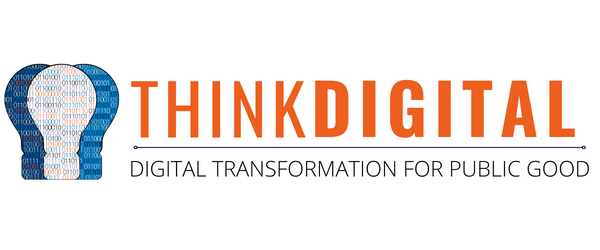Data is the lifeblood of any organization, including government. And in today’s digital age, there are very real questions about whether governments are capable of managing the enormous amount of data that is now collected. We’re no longer in an era where data was created at human scale with pen and paper on a government form. Instead, governments are increasingly being flooded with an avalanche of digital data from a huge number of sources. And there are high expectations that governments are able to use these data points to make better decisions, that data is managed responsibility, and that the people in government have the ability to consume all of this data in an increasingly complex world.
Not only that, but governments now need to be prepared for the rapid evolution of artificial intelligence and the increasing incorporation of machine learning models, semantic analysis, and algorithmic decision-making applications in programs and service delivery. These are technologies built on big data, and governments need to be prepared to leverage them in the public interest.
So this week, we’re talking to three people (and one Artificial Intelligence!) who have been thinking deeply about the policy and capacity challenges that governments need to get ahead of when it comes to their data posture.
Our first conversation is with Maddy Dwyer, a Policy Analyst from the Center for Democracy and Technology. Maddy has been conducting research on the tension between leveraging data to improve the lives of citizens, including those from marginalized communities, and the dangers if we don’t do this responsibility. This conversation took place last November on the conference floor at FWD50 in Ottawa.
The second conversation is with Anna Wong, a Director at the Government of Canada’s Treasury Board Secretariat, and Trevor Banks, Manager of Digital Organisational Design in the same team. They have been working on efforts to support organizational change across the Federal government to establish clear accountabilities and responsibilities for Chief Data Officers and other senior digital and data leaders across the public service to help them manage the quickly rising expectations of government in the age of AI.
And, as a fun little experiment, our third conversation is directly with what is perhaps the most famous AI model in the world these days: OpenAI’s ChatGPT. Using ChatGPT’s voice input/output feature we ask it what it thinks about all of these issues around data and AI in government we’re hearing about. Ryan also asks it his favourite hard-hitting AI question: does it think it is smarter than his cats?
Watch on YouTube
Related Links
- Maddy Dwyer’s research at the Center for Democracy and Technology
- 2023-2026 Data Strategy for the Federal Public Service
- The Evolving Role of the Chief Data Officer, report by the Institute on Governance
Chapters
00:00 Introduction
03:02 Maddy Dwyer
20:54 Anna Wong and Trevor Banks
46:36 Interview with ChatGPT
1:01:37 Conclusion

